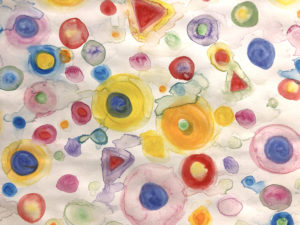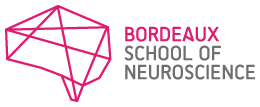To be able to perform molecular analysis on the scale of single-cells with a throughput of 1000s of cells per experiment opens an unprecedented window into neuroscience and biology. We can now ask questions on how different cell types arise, respond to stimuli or are changed in disorders. The multitude of data also moves molecular biology into a new era in terms of data analysis and statistics, changing the demands on researchers. In this online course, we will hear from some of the leaders in the field in the use of single-cell transcriptomics and the analysis of the nervous system. The aim is to cover a wide range of aspects from chemistries and methodologies of single cell transcriptomics to computational methods to leverage this new wealth of data to push our understanding of the brain.
- November 3
3:00 to 4:00 pm: Ana Martin Villalba – German Cancer Research Center (DKFZ), Germany
“Profiling stem cell decision at the single cell level”
5:00 to 6:00 pm: Sten Linnarsson – Karolinska Institute, Sweden
“Molecular architecture of the developing mouse brain”
- November 4
3:00 to 4:00 pm: John Marioni – European Bioinformatics Institute (EMBL-EBI), UK
“Using single-cell genomics to understand cell fate decisions during early mammalian development”
5:00 to 6:00 pm: Ed Lein (Allen Institute for Brain Science, USA)
“Comparative approaches to understand human brain cellular diversity”
- November 5
1:00 to 2:00 pm: Naomi Habib – Edmond & Lily Safra Center for Brain Sciences (ELSC), Israel
“The Alzheimer’s brain: from single cells to cellular communities”
5:00-6:00 pm: Kenneth Harris – University College London (UCL), UK
“Classes and continua of CA1 GABAergic neurons”
- November 6
3:00-4:00 pm: Sarah Teichmann – Wellcome Sanger institute, UK
“Cell atlas technologies & the gastrointestinal tract”
5:00-6:00 pm: Kun Zhang – University of California San Diego, US
“Integrative single-cell RNA and chromatin analysis of human organs”

Course directors
- Jens Hjerling-Leffler (Karolinska Institutet, Sweden)
- Peter Karchenko (Harvard Medical School, USA)
